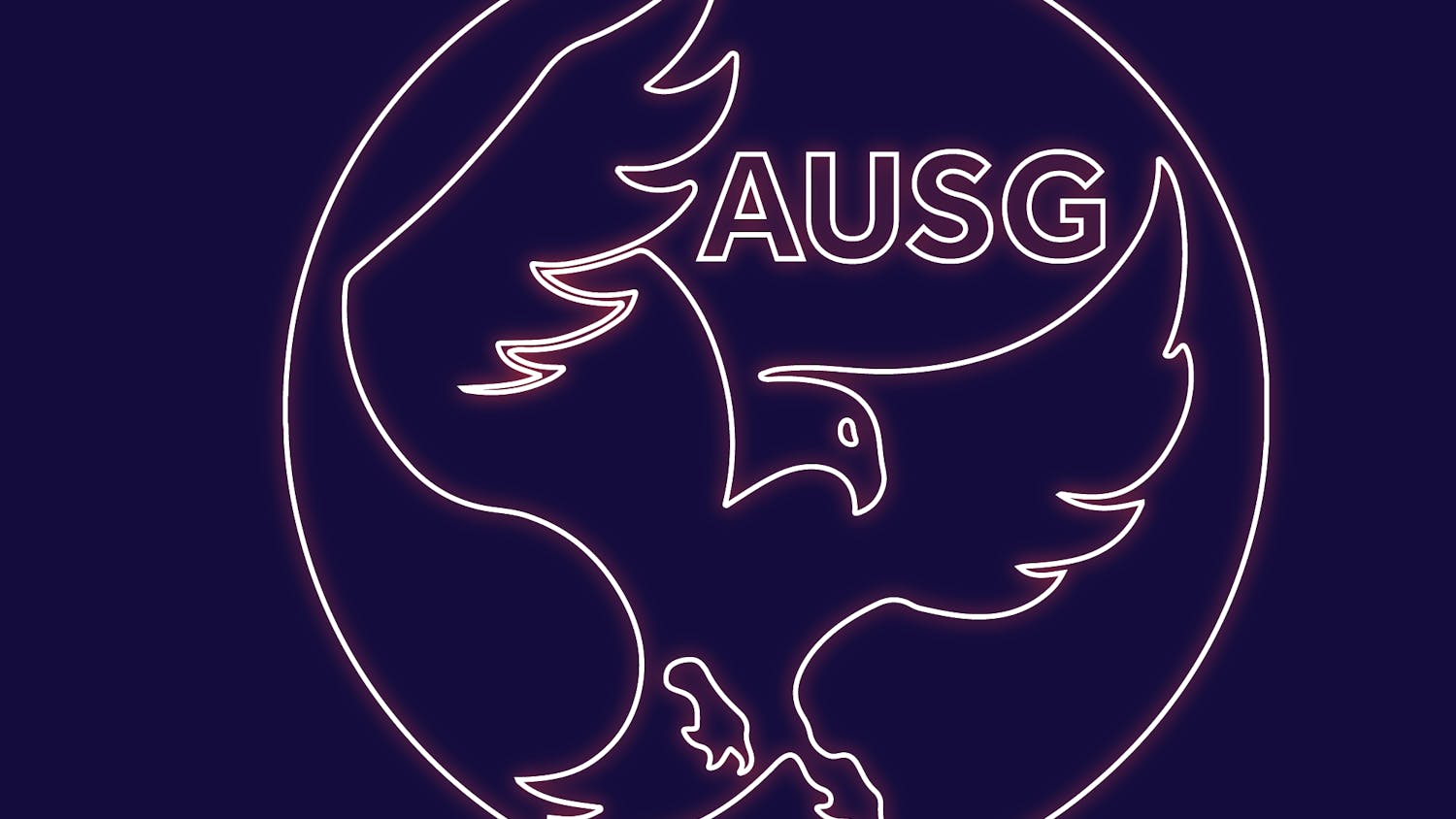Freedom of the press and freedom of speech have come to mean the same thing as a result of First Amendment issues raised by the Internet, Mike Godwin, general counsel for the Wikimedia Foundation, said during a speech Saturday in Mary Graydon Center.
While there continue to be concerns about freedom of speech issues on the Internet, the U.S. does have more protections in place than many other countries. Wikipedia, an online encyclopedia hosted by the Wikimedia Foundation, previously considered moving to London. They decided against the measure because the strict libel laws in the United Kingdom would have forced them to remove all biographies of living people from the Web site, Godwin said.
"One of the things that's fortunate for Wikipedia is that we're based in the U.S., where we're protected by freedom of speech laws," he said. "So foreign countries have difficulty in shutting us down."
Godwin, who came to AU as the first speaker for the Center for Social Media's Innovators Forum series, was one of the counsels of record in the 1997 Supreme Court case of Reno v. American Civil Liberties Union. The court ruled that portions of the Communications Decency Act, which regulated pornographic content on the Internet, were unconstitutional.
Like many of the laws regulating the Internet and other technologies, Congress' enactment of the Communications Decency Act was a result of reaction and panic over the quick development of technology, Godwin said.
"Any technological revolution that occurs very quickly will create some kind of backlash," he said.
The first wave of computer-related panic occurred soon after the personal computer came into being in the 1970s. At that time, the panic was over concerns that personal computers could be used to commit crime on a wider scale through hacking. Governments did not respond to the panic on a large scale until the early 1980s, following the release of the film "WarGames." In the film, a teenager hacked into the computer system at the North American Aerospace Defense Command and nearly caused a nuclear war, Godwin said.
The second wave of computer panic in the early 1990s came as a response to the rapid development of the Internet. When a predicted wave of computer-related crime did not materialize during the previous panic, law enforcement agencies began to retool their computer crime divisions to focus on encryption and wiretapping. The government began developing a notion that networks and computers needed to be controlled, Godwin said.
"[The Internet] was becoming a social phenomenon," he said. "But that was making the panic worse because it was becoming popular."
A third wave of panic occurred in the mid-1990s after religious groups and social conservatives began to realize pornography and other "dangerous information," including bomb-making instructions, were widely circulating on the Internet. While people could legally buy porn offline, some felt the easier accessibility of the material on the Internet made it important to put further restrictions on it, Godwin said.
"Just being able to download the stuff was concerning to social conservatives," he said.
Olivia Overman, a graduate student in the School of Communication's weekend interactive journalism program, said she thought Godwin's speech was interesting.
"It's very topical for us," she said. "I liked his angle about the international influence on Wikipedia, especially the fact that libel laws in the United Kingdom prevented them from moving to London"




